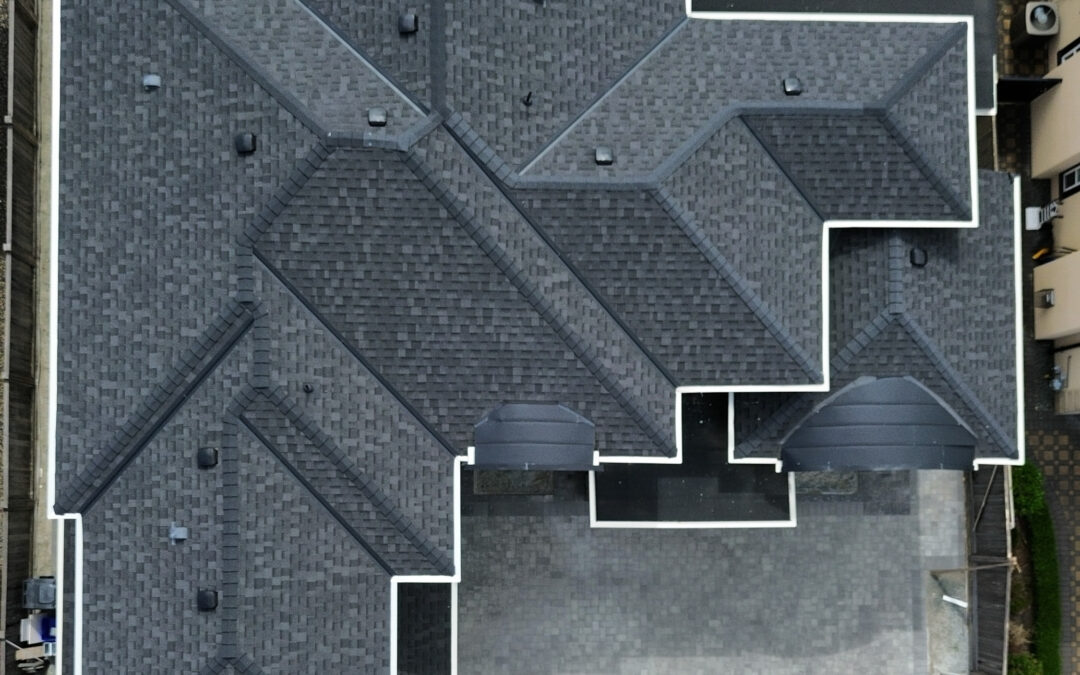When it’s time for a roof replacement, most homeowners focus on the bottom line: how much it’s going to cost. But a roof estimate isn’t just about slapping on new shingles and calling it a day. It’s a detailed breakdown of materials, labor, permits, warranties, and more — all essential pieces that protect your home for years to come.
Understanding what’s packed inside a roof estimate can help you avoid unexpected expenses and choose the right contractor for your roof replacement project. Here’s a closer look at what you’re really paying for.
1. Materials and Products in Your Roof Estimate
The first major part of any roof estimate is the materials. This includes shingles, underlayment, flashing, nails, vents, and sometimes even decking if the old one is damaged.
Higher-quality materials naturally increase the roof cost, but they also offer better durability. For example, impact-resistant shingles can extend the lifespan of your roof, especially in areas prone to heavy rain or wind like Vancouver (Environment Canada).
When reviewing your roof quotation, make sure it clearly states the type of materials being used. Don’t settle for vague descriptions — specific brands and products should be listed.
2. Labor and Expertise Charges in the Roof Quote
Another significant component of your roof estimate is labor. Roofing is a specialized trade requiring skilled workers, project managers, and sometimes safety supervisors — especially if your home has a steep roof slope or other complex features.
The roof replacement labor cost includes everything from removing the old roof to installing the new one safely and correctly. It also covers critical details like flashing installation, ventilation adjustments, and waterproofing layers, all of which require precision and experience. High-quality workmanship protects your home’s structure and ensures you won’t face leaks or failures a few years down the line.
Remember, skilled labor is not where you want to cut corners. A suspiciously low roof estimate often signals inexperienced crews or rushed jobs that can cost you far more in repairs later.
3. Tear-Off and Waste Disposal Included in Your Roof Quotation
Before installing your new roof, contractors must tear off the old materials — and that debris has to go somewhere. A good roof estimate should include the cost of removal, dumpster rental, transportation, and proper disposal fees.
Even if a contractor advertises a free estimate for roofing, this part of the roof cost will appear in the final contract. Make sure this service is included upfront so you’re not surprised by additional fees later. Skipping proper disposal can also lead to city fines or neighborhood complaints, adding even more unexpected costs to your roof replacement.
4. Permits, Inspections, and City Requirements
In many cities, you can’t simply start a roof replacement without getting permits first. Your roof estimate usually includes permit fees and costs related to mandatory city inspections.
For example, in Vancouver, you must apply for a building permit for roof work exceeding specific structural thresholds (City of Vancouver – Permits and Licences). Skipping this step can lead to fines or forced removal of unapproved work.
Make sure your roof quote covers all permit and compliance costs — reputable contractors will handle this for you.
5. Warranty and Insurance Protection Costs
When you receive a roof estimate, part of the price also covers protection for your investment through warranties and insurance. A strong workmanship warranty can cover you for years against defects or errors, while liability insurance protects you if any accidents happen during your roof replacement. Without these, homeowners could be on the hook for thousands of dollars in future repairs or medical claims.
Beyond just asking if coverage exists, it’s smart to confirm whether the warranty includes both materials and labor — and whether insurance protects both workers and your property. It’s important to ask during the free estimate for roofing consultation about warranty lengths, coverage details, and proof of insurance to avoid surprises later.
6. Adjustments Based on Roof Slope, Design, and Size
Not all roofs are created equal — and your roof estimate will reflect that. A home with a steep roof slope, multiple dormers, chimneys, or complex designs will naturally have a higher roof cost to replace than a simple flat or gable roof.
Why? Steeper or complicated roofs require additional safety equipment, specialized labor, and more time to complete the job properly. They may also require different installation techniques or even extra materials, adding to the overall roof cost. When comparing a roof quotation, it’s essential to factor in the unique challenges of your home’s structure to avoid unexpected price adjustments later on.
7. Cleanup and Final Project Management Fees
A truly professional roof estimate includes more than just construction. It should cover complete job-site cleanup (removing stray nails, leftover materials, and equipment) and final quality inspections to ensure nothing is left unfinished or unsafe.
Project management is another hidden gem in a good roof quote — coordinating schedules, supervising workers, conducting progress checks, handling unforeseen issues, and communicating with you every step of the way.
These “behind-the-scenes” services ensure your roof replacement project runs smoothly, safely, and without stress, saving you time, energy, and the frustration of trying to manage everything yourself.
Final Thoughts: Reviewing Your Roof Estimate Carefully
A roof estimate is more than just a number. It’s a full picture of what it takes to protect your home — from materials and labor to permits and warranties. By understanding what’s included, you’ll be better equipped to compare contractors, avoid hidden fees, and make the right decision for your roof replacement.
When reviewing your next roof quotation, don’t just look at the price. Look at the value, protections, and expertise offered. And always ask for a detailed free estimate for roofing to ensure full transparency.
If you want to take it a step further, make sure you’re asking the right questions before signing anything. Here’s a helpful guide on 3 Important Things You Must Check in a Roof Estimate Before Hiring a Contractor to make sure you’re fully prepared.Your roof is your first line of defense against the elements — and a well-understood roof estimate is the first step to keeping it strong.

